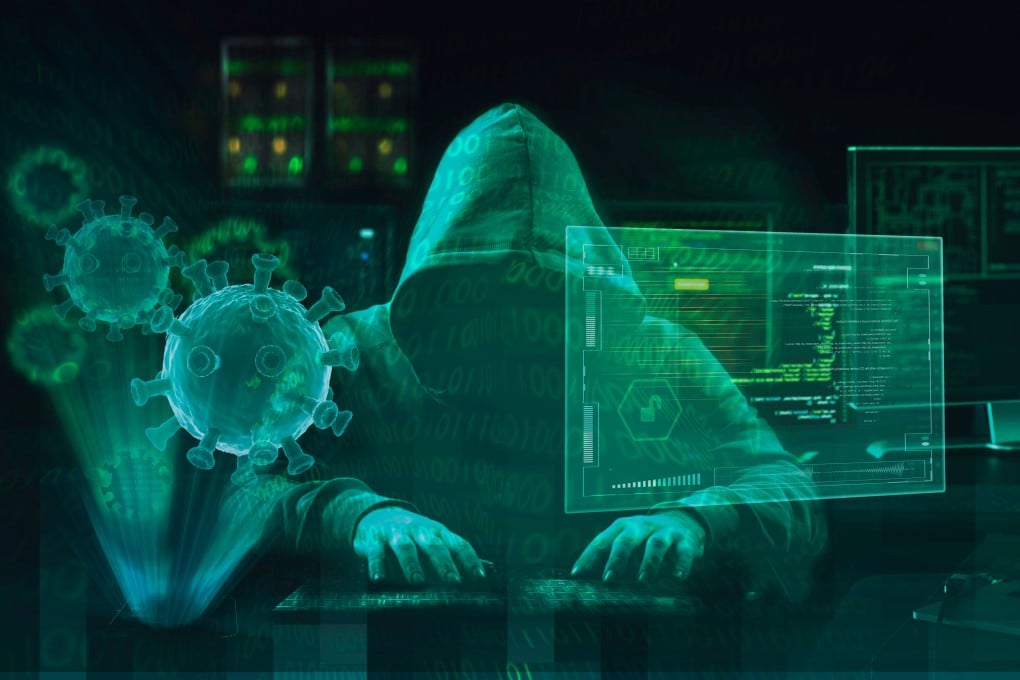Advertisement
Asian Angle | Russian hackers hit US and Europe. Is Asia the next target of a Massive Attack?
- The region has a high instance of automated attacks, though despite accusations from the US, China is more victim than perpetrator
- With Japan, Australia and the Philippines hosting most of the regional bad guys, it may be time for an IT clampdown
Reading Time:5 minutes
Why you can trust SCMP
5

UNFINISHED SYMPATHY
I am the first to admit that I have password fatigue. When poked and prodded to create a new password, and when I’m not using an old one or adding special characters and upper case letters and all the other things the IT people want me to do these days, I sometimes rebel by using something silly like “Overr!de!” (miscreants will be disappointed to find this is only a hypothetical example). And still, I got hacked by the Russians after I downloaded a recipe for Rougail Saucisse and I was swamped by hundreds of emails a day from “[email protected]”. What did I do to deserve that?
Long gone are the days of Nigerian officials emailing me to share millions of dollars swiped from the nation’s coffers. I’ve received pleas for cash from mates stranded without their wallets on a trip, though I know they are at the Foreign Correspondents Club, or get pestered by emails telling me I’m being blackmailed for my bitcoins for watching dirty videos. Right. No bitcoin here, pal, I’m old-school and I don’t think “Dirty Dancing” counts. Delete. But those are the obvious ones. The cyberattacks of today have become more complex and almost impossible to prevent.
Advertisement
So, after my little hack I’ve found new sympathy for heads of IT in offices everywhere trying to keep us safe by pestering us with internet “best practices”. When so many of us got stuck working from home amid government lockdowns, using our personal devices and networks for work as well as recreation, we were not well prepared to handle the security risks away from the office firewall.
After the massive attack on supply-chain businesses on July 2, company IT departments will have their work cut out.
TEARDROP
Advertisement
Select Voice
Choose your listening speed
Get through articles 2x faster
1.25x
250 WPM
Slow
Average
Fast
1.25x

